The Connection: September 2024 Issue #14
Coaching and career development is a growing industry valued at $43.77 billion and continuing to rise. As a result, more people recognize the benefits of personal development coaching for their success and happiness.
Therefore, let’s explore the various aspects of leadership in coaching, including its types, benefits, and impact on development.
Why Is Coaching Necessary for Leadership?
Coaching and professional development is a structured process in which a trained professional (the coach) collaborates with an individual or group to achieve specific goals. The process is typically goal-oriented, focusing on short-term and long-term objectives. It evaluates current performance, skills, and challenges to identify areas for improvement.
Benefits of Coaching
Here are some benefits of leadership coaching:
- Career Advancement: First of all, career coaching provides valuable support for advancing one’s career.
- Personal Growth: Secondly, personal growth coaching supports individuals in their journey toward becoming their best selves, both personally and professionally.
- Improved Performance: Thirdly, coaching provides clear goals, actionable plans, and regular feedback.
Leadership coaching goals examples
- Develop Emotional Intelligence (EQ)
- Strengthen Conflict Resolution Skills
- Build Confidence in Public Speaking
- Strengthen Time Management
- Develop Negotiation and Influence Skills
Types of Coaching
Here are some types of coaching:
Leadership Coaching:
It focuses on helping leaders develop a vision and make informed decisions that align with organizational goals. In contrast, leadership coaching often involves personalized feedback, real-world problem-solving, and leadership assessments to track progress.
Career Development Coaching:
Career development coaching helps individuals advance in their careers by focusing on acquiring new skills and certifications. The benefits of career coaching are that it works closely with clients to tailor strategies to their unique career aspirations.
Developmental Coaching:
Career and development coaching teaches techniques for handling setbacks and building mental and emotional resilience. They also help individuals become more capable of managing various aspects of their lives.
Professional Development Coaching:
Professional development coaching aims to enhance skills and competencies in a specific field by identifying critical skills needed for career advancement and providing resources and strategies for skill acquisition.
Business and Leadership Coaching:
This coaching integrates business acumen with leadership skills by improving leadership skills to enhance business operations and achieve strategic goals. Business and leadership coaches work with executives and managers to align leadership practices.
Why Is Coaching One of The Most Powerful Tools?
Individual leadership coaching provides a structured approach to self-improvement that enables individuals to reach their full potential and achieve their goals.
- Improves Performance: Regular check-ins and performance reviews ensure that individuals stay on track and make necessary adjustments to enhance their effectiveness.
- Enhances Skills: Leadership coaching may improve strategic thinking and decision-making, while career coaching might address resume writing and interview skills.
- Active Listening: Effective coaching involves active listening, where the coach attentively hears concerns and goals. Active listening in coaching creates a supportive environment where individuals feel listened to and valued.
- Insightful Sessions: Insightful coaching sessions enable individuals to explore new perspectives and develop actionable strategies for achieving their objectives.
Tools Used in Coaching
Here are some counseling, coaching, and mentoring tools that you should use:
- Counseling Tools: Counseling tools help address personal challenges and emotional issues. Techniques such as cognitive-behavioral therapy (CBT), emotional intelligence assessments, and stress management strategies support individuals in overcoming obstacles and improving their well-being.
- Coaching Tools: Coaching tools include frameworks for goal setting, performance metrics, and action plans. Tools like performance dashboards help individuals track their progress and focus on their objectives.
- Mentoring Tools: Mentoring tools involve sharing knowledge and expertise based on experience. Mentors provide guidance through advice, sharing best practices, and offering insights that help individuals navigate their career or personal development paths.
How Does Counseling Cultivate Potential and Improve Performance?
Counseling helps people reach their potential. It allows individuals to understand their strengths, overcome challenges, and build confidence. By setting clear goals, counseling encourages personal growth and helps people take steps to improve.
It leads to better performance both in their personal and professional lives. Coaching for employee development enhances employee job satisfaction and motivation. It also helps employees prepare for promotions and new roles.
Conclusion
Coaching provides valuable support and guidance, whether enhancing leadership skills, advancing in a career, or achieving personal growth. Professional development coaches help individuals stay competitive and effective in their careers.




